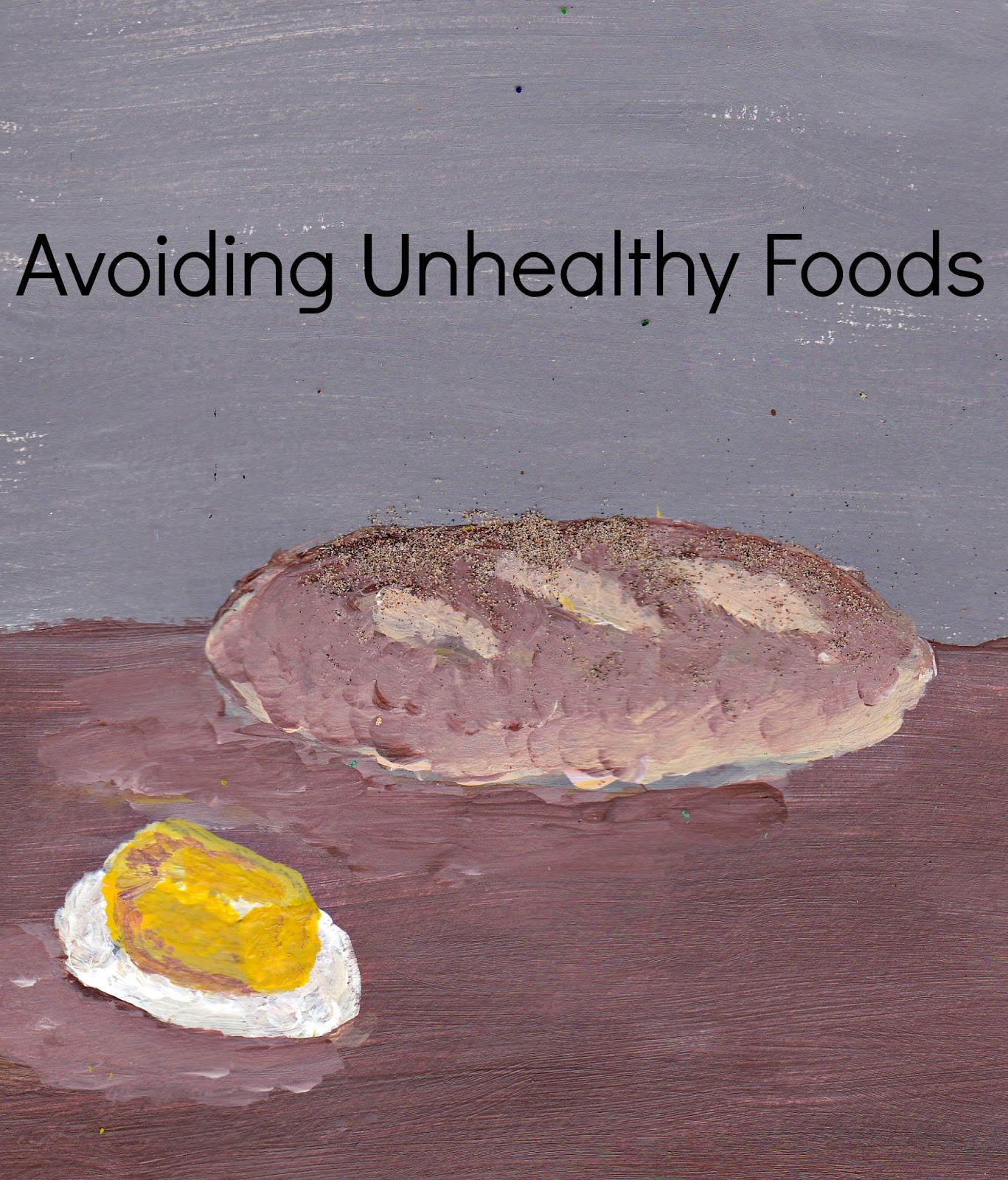Samuel Johnson once said, “Exercise
is labor without weariness.” Fitness is important in maintaining a healthy body
and mind. Even though many of us know the benefits of fitness to ourselves, employers,
and country we still seem to fail at maintaining a reasonable fitness routine
in our daily lives. The difference between those who engage consistently in
fitness and those who attend for a few short months following New Year’s Day
may be based in intrinsic and extrinsic goals.
Do you want to get in great shape or do you want to
look great? These are fundamentally two different questions that lead to
different kinds outcomes. Fitting into the right size clothes to receive praise
from others is an extrinsic motivation while improving fitness and ability is
more intrinsic. The vast majority of people are extrinsically motivated and
rely on others approval to maintain interest. Without constant approval they
soon find themselves on the couch eating Cheetos.
We can find some early underpinnings about fitness values
in high school where social acceptance is a key component to our socialization.
A study of 500 9th and 10th graders engaging in physical
education found that those who are intrinsically motivated and sought fitness
knowledge did better on fitness tests than those who were not integrating
fitness knowledge due to extrinsic factors (Lodewyk & Zan, 2013).
Not much change when students go to college. Of
those who were involved in fitness programs, the ones who were focused more on
competence and health did better than those focused on appearance (Sibley, 2013). The intrinsically motivated group maintained
better aerobic ability, strength, and body fat composition when compared to the
outward motivated participants.
We now know that high school and college students
are more fit when they engage in activities for their intrinsic enjoyment. According
to a study of peace keeping Norwegian soldiers stationed in Kosovo the basic
variables of intrinsic motivation was part of the 1/3 of soldiers that improved
upon their fitness during these times (Drystad, et. al. 2007).
Intrinsic motivation focused on improving ability
and fitness was significantly more motivating than showing off to others. As a
matter of fact, showing off to others was a short-lived strategy and seemed to
come along with a plethora of excuses to engage in non-healthy activities. If
you are going to get into shape then you should consider your reasons for doing
so and how much effort you are willing to put forward on those goals without
the need for social approval.
Drystad, et. al. (2007). Physical fitness, training
volume, and self-determined motivation in soldiers during a peacekeeping
mission. Military Medicine, 172 (2).
Lodewyk, K. & Zan, G. (2013). Fitness-specific
epistemic beliefs, effort regulation, outcomes, and indices of motivation in
high school physical education. SD Journal of Research in Health, Physical Education, Recreation, Sport &
Dance, 8 (2).
Sibley, et. al. (2013). University students’
exercise behavioral regulation, motivates, and physical fitness. Perceptual & Motor Skills, 116 (1).


